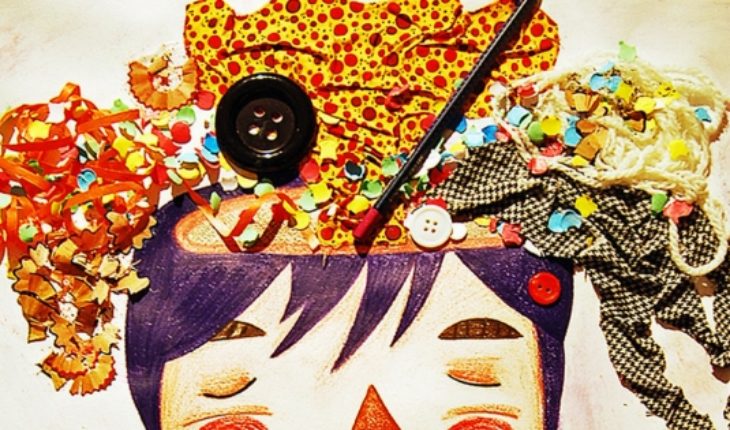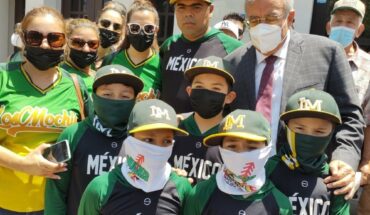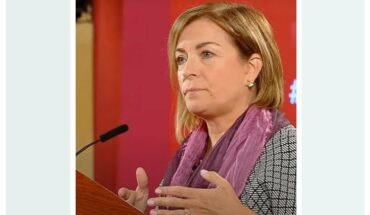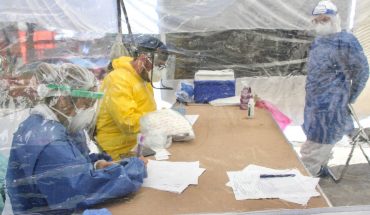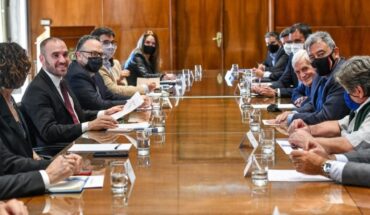according to the global innovation (GII) developed by Global Indices (INSEAD), Cornell University and the global organization of the property In telectual (WIPO, belonging to the United Nations), Chile is ranked No. 47, still the country better located in Latin America, followed by Costa Rica (54 °), and Mexico (56 °) respectively.
However to the above, is a paradox that despite the different school reforms implemented during the last time, many of them suitable to the status quo prevailing, continues looking at the inside of space and time school the supremacy of the rule, routine and the growing interest for standardizing it all as a guarantee of quality and continuous improvement in the ‘bureaucratic administration’ of the educational process attended by boys, girls and young people of our country. Thus, this dramatic trend has led to school to become a boring, monotonous and coartador space of the potentialities of learning which have trainees, mostly encouraging the dominance of mathematical logic thinking and the search for certainties, in a world filled with chaos and uncertainty in which learning and relational Dynamics acquire multiple senses, meanings and possibilities, consistent with the complexity of life itself.
Some researchers (FONDECYT N ° 1170019), believe that not to consider this reality has led to the construction of a single school, usually homogeneous and aseptic, which is not capable of contextualized according to the subjects who inhabit it and the territories where they are located. In addition, the construction of this unique school has been conducted from a universal subject (Calvo, 2016; Moreno, 2016) that does not respond to the real educational territory that pass the educators, children and youth and their families.
From this perspective, it seems necessary to desescolarizar the school institution, advancing in the exploration and critical understanding of the multiple relationships, knowledge and experiences that build learners beyond the boundaries of the school. It is within this search, creativity as a relevant component of the emotional and cognitive development of the human being emerges. As part of this construct, emerge tremendously dynamic and complex aspects that manifest in abundance, and from an early age in children, such as curiosity, exploration, wonder, excitement and unconcern of the error.
However, is worrying the way in which these wonderful potentials experience progressive sclerosis to the interior of the school (Sandoval, 2012, 2014), product of the logical school that is limited to the deliberate teaching of content many of them advertise, student’s home environments, as well as the needs and skills required in the 21st century. Moreover, often the school does not allow random, creativity and imagination, the autonomy and improvisation to fulfil its educational role (Calvo, 2016). With regard to the above is it possible to see the school as a challenging and attractive environment for students? What do we teach? The school aspires to social transformation or the maintenance of the status quo? We encourage creativity in current teaching and learning processes?
The questions outlined above require us to rethink the school today, aiming at the generation of educational environments active – modifiers (Sandoval, 2017), able to recognize and appreciate the creativity, as a field of valuable learning and relevant, flowing way self-organized in accordance with the needs and interests of each student. Apart from the various reforms and proposals for change implemented in the school system Chileno, seek to make the leap from incidental learning to the intentional; researching and collaborating actively in the construction of pedagogical practices that advance resolutely in the installation of a pedagogy of the question, making possible the emergence of new questions that allow students to discover the world, beyond the limits and forms defined by the school map, supported by a curriculum mandatory defined from the central level.
Finally, we are interested and open to understand the school beyond the margins that define it, critically reflecting on the challenges that demand in terms of learning society and the efforts that we should develop as Country, to encourage creativity, critical thinking, hands-on learning, problem solving, leadership and relational intelligence, among other highly required skills today.
We think that the results and achievements of this research programme, could become a way to advance the transformation of the school and the renewal of the pedagogical processes, allowing such knowledge beyond the academic space and reach people in a way that is educational and understandable for all and all.
The content poured into this op-ed is the sole responsibility of its author, and does not reflect necessarily the editorial line nor the counter position.

